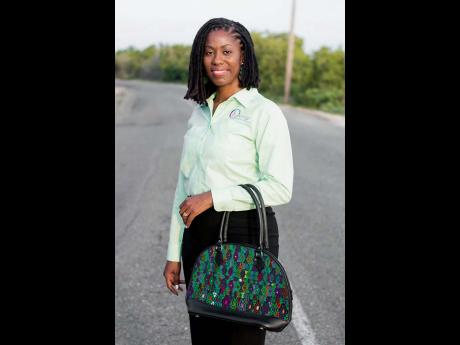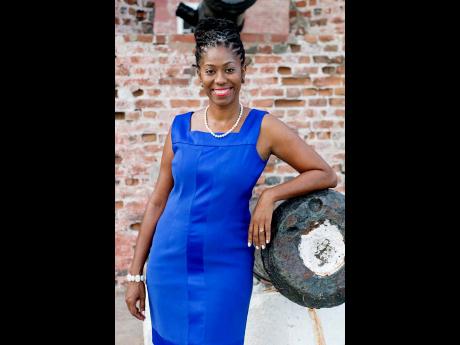Earth Today | ‘Gender sensitivity essential to disaster planning’
WITH THE start of another hurricane season has come the reminder of the need for gender sensitivity in preparedness, relief and recovery planning for extreme weather events, certainly given the changing climate.
Climate change presents, among other things, the risk of extreme hurricanes, the likes of which affected the Caribbean last season, leaving in their wake billions of dollars in destruction and death.
"It is critical to take a gender-sensitive approach to climate-change impacts, such as hurricanes and possible disasters that can result. Research shows that a gender-sensitive approach helps to reduce the risks to both men and women," said Indi Mclymont Lafayette, lecturer in climate change, gender and disasters at the University of the West Indies (UWI).
"For example, during a hurricane, men face greater risk of injury and death as they are the ones expected to rescue someone in distress or go outside to deal with the roof if zinc are flying off. Women, on the other hand, face a harder time post-disaster recovery as, for example, a female farmer may get less assistance to help her get back on her feet. Knowing how gender impacts disasters is critical for effective response," the development communications specialist added.
Mclymont-Lafayette's point of view is reflected in the research work of Tsahai Thomas, published in 2013.
"What some people fail to accept is that our culturally defined expectations of males and females have a great impact on every aspect of our human experience. This includes how we respond to and are affected by natural hazards which sometimes become disasters. A gender-sensitive approach takes into account the needs, concerns and capacities of women, men and other gender groups in all areas, and at all levels," writes Thomas, citing the United Nations Economic and Security Council, 1997, as cited by the World Bank, 2002.
"In planning their disaster preparedness, relief, recovery and reconstruction programmes, Caribbean governments and policymakers should try to avoid gender discrimination against males and females," added Thomas in Working Paper Series Number 7: Gender, Climate Change and Disaster Risk Management, edited by Dr Leith Dunn.
Dunn is a senior lecturer and head of the Institute for Gender and Development Studies at the UWI.
"When a tropical storm watch is issued, cultural norms dictate that Caribbean men should ensure that roofs and windows are battened down, trees are cut and tanks are filled with water. Women would do the emergency shopping and other domestic tasks. All these tasks can be risky, causing injuries even before a storm," said Thomas.
"There are many other cases reported which show the vulnerabilities related to gender. In these scenarios with hurricanes, elderly men are more likely than elderly women to become homeless. Pregnant and nursing mothers and women who are single parents will face different challenges and may have to take on extra roles," added the researcher.
It is crucial, therefore, Thomas emphasised, that gender is always given consideration.
"As gender roles affect the ways in which men and women cope with and recover from natural hazards, there is a great need for countries to mainstream gender in relevant policies and programmes. This will help to ensure that the specific needs of men and women are addressed," Thomas said.


